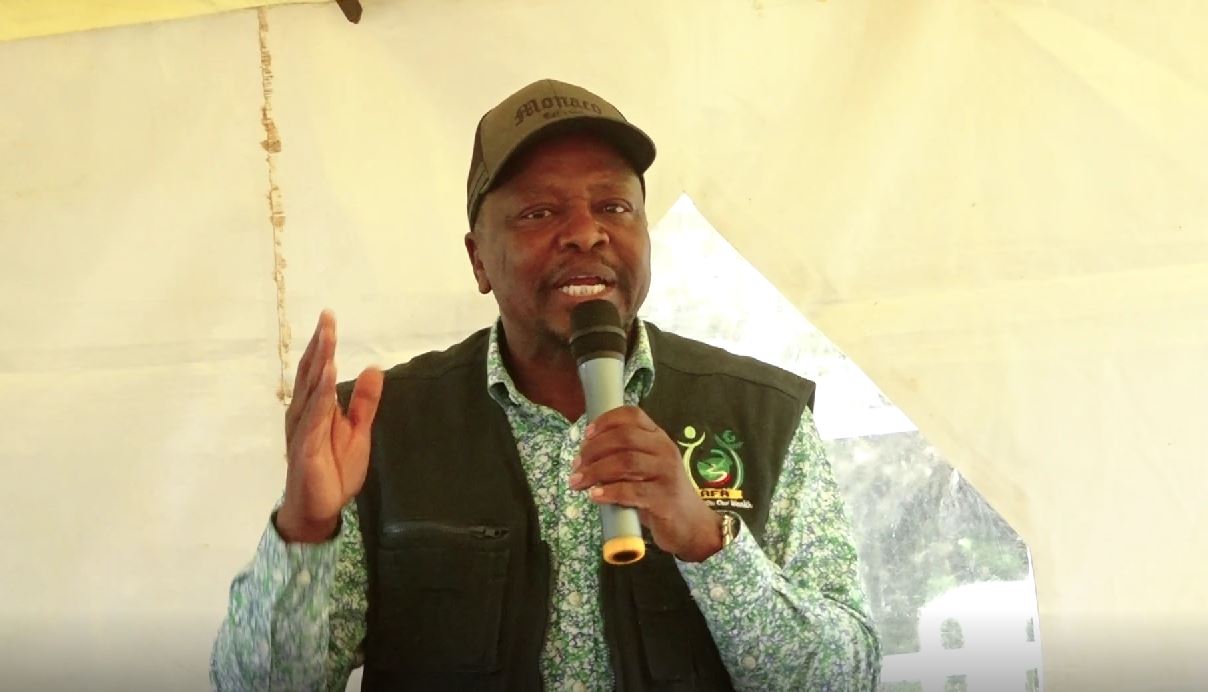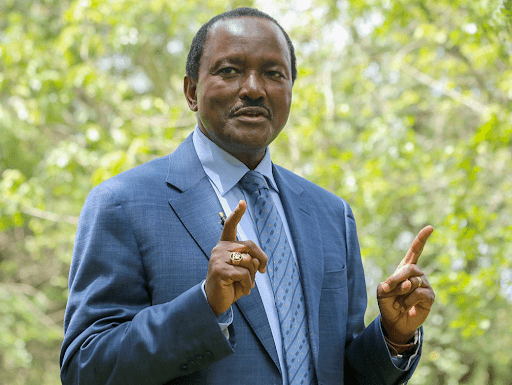Agriculture and Livestock Development Cabinet Secretary Sen.
Mutahi Kagwe has announced a sweeping reform in Kenya's coffee sector,
declaring that the country's coffee auctions will be fully opened to the
international market to ensure farmers earn what they truly deserve.
Speaking in Nyeri County on Saturday, Kagwe emphasised the
urgent need to align global coffee prices with farmer payouts.
“Coffee auctions can no longer be the preserve of a few
individuals. They must now be open to the entire international market,” he
said.
Kagwe explained that this reform follows a consensus reached
during inter-ministerial meetings with the Cooperatives Cabinet Secretary, Wycliffe
Oparanya.
He noted that the digital infrastructure developed during
his tenure as ICT Minister now enables international buyers to participate in
Kenyan auctions and make immediate payments, paving the way for fairer and more
competitive pricing.
“It is unjust to exclude global buyers who are ready to
offer better prices. By opening the market, we’ll uplift the value chain and
ensure our farmers benefit from their hard work,” Kagwe stated.
This policy shift comes at a time when Kenya’s coffee
sub-sector is experiencing renewed momentum. In the 2023/2024 season, clean
coffee production increased to 49,501 metric tons, with the national average
cherry price rising from Sh71.97 to KES 81.05 per kilogram.
Nyeri County, a renowned coffee-growing region, led the way
in 2024/2025 coffee season with factories such as Ruarai under Ruthaka FCS
paying as high as KES 145.70/kg.
Nyeri’s cooperative movement remains strong, with over 103
wet mills and 33 million kilograms of cherry processed last season.
The county is also leading in digital traceability and direct
market access, with nearly 30 per cent of its coffee sold to premium buyers in
markets such as the U.S., Japan, Korea, and Scandinavia.
CS Kagwe also revealed plans to install solar panels in
coffee factories to reduce energy costs and improve operational sustainability.
This, he said, would enhance profitability and support the
overall modernisation of the coffee value chain.
With global prices reaching new highs and a foundation of government-led interventions—including subsidised inputs, modern infrastructure, and market diversification—the government is optimistic that Kenyan farmers are on the path to sustained prosperity in the speciality coffee market.











